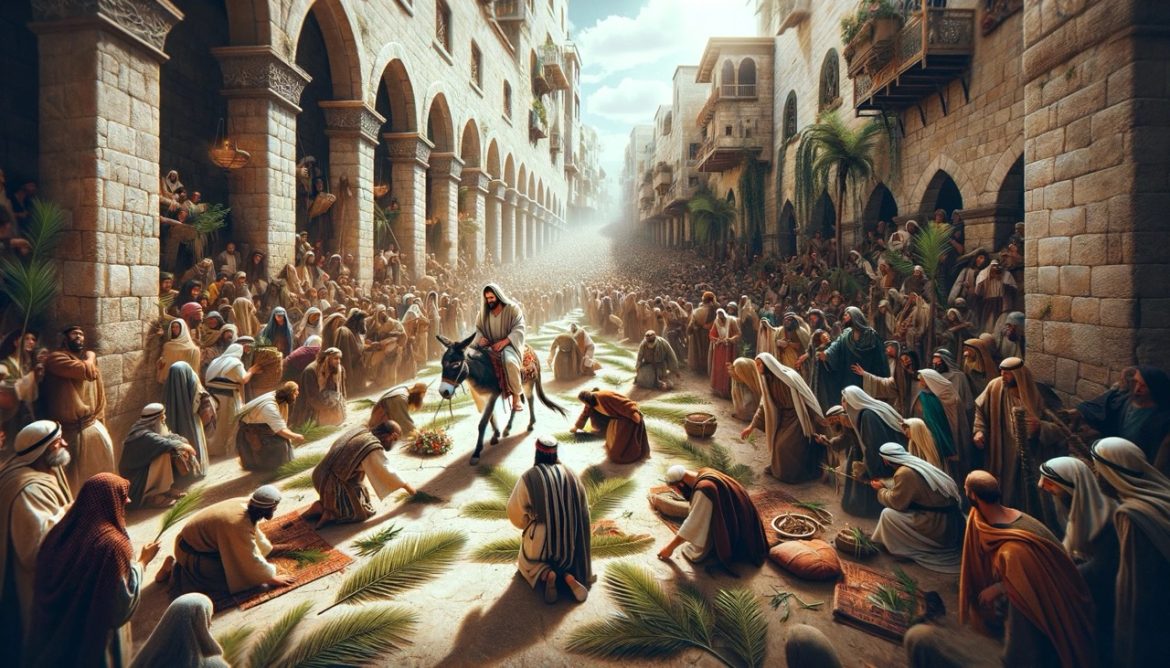In this podcast episode, we dive into Matthew 21 and the significance of its various parables. We begin by examining Jesus’ journey to Jerusalem, where He fulfills the prophecy of Zechariah 9.9 by riding on a humble donkey. This entry and the subsequent events of Palm Sunday are steeped in symbolism, from the spreading of cloaks and palm branches to the cries of “Hosanna” from the crowd. It’s important to understand the humble modes of transportation Jesus used, and the significance of these events as signals of the impactful acts Jesus was about to undertake in His ministry.
We analyze the parable of the two sons and the parable of the tenants. In the parable of the two sons, the focus is on the son who initially refuses to work in his father’s vineyard but changes his mind, contrasting with the son who agrees to work but doesn’t follow through. This represents people who say they follow God and do not and those who change their minds and follow Him.
The parable of the tenants elaborates on the theme of faithfulness and productivity, with the tenants representing those who reject God’s messengers and His son, Jesus. It’s significant to note that these parables were directed towards the religious leaders of the time, who outwardly professed faith but failed to produce the “fruit” of genuine faith. The people are the fruit and the figs and the leadership has failed them.
Next, we delve into the parable of the fig tree. The fig tree, appearing healthy with its leaves but producing no fruit, symbolizes the religious leaders of the nation of Israel. They looked good externally but were not producing fruit in the form of faithfulness to God. We discuss the concept of “producing good fruit,” a recurring theme in the teachings of both John the Baptist and Jesus and reflect on how it relates to our lives today.
Lastly, we reflect on the confrontation between Jesus and the religious leaders, where Jesus quotes Psalm 118 about the stone builders rejected becoming the cornerstone. It’s essential to understand the importance of this passage as a prophecy about Jesus, who would be rejected by the religious leaders but would become the cornerstone of faith. We conclude this episode with a call to be like fruitful trees in God’s kingdom, producing good fruit for His glory and a reminder that our words and actions should align with God’s will.

